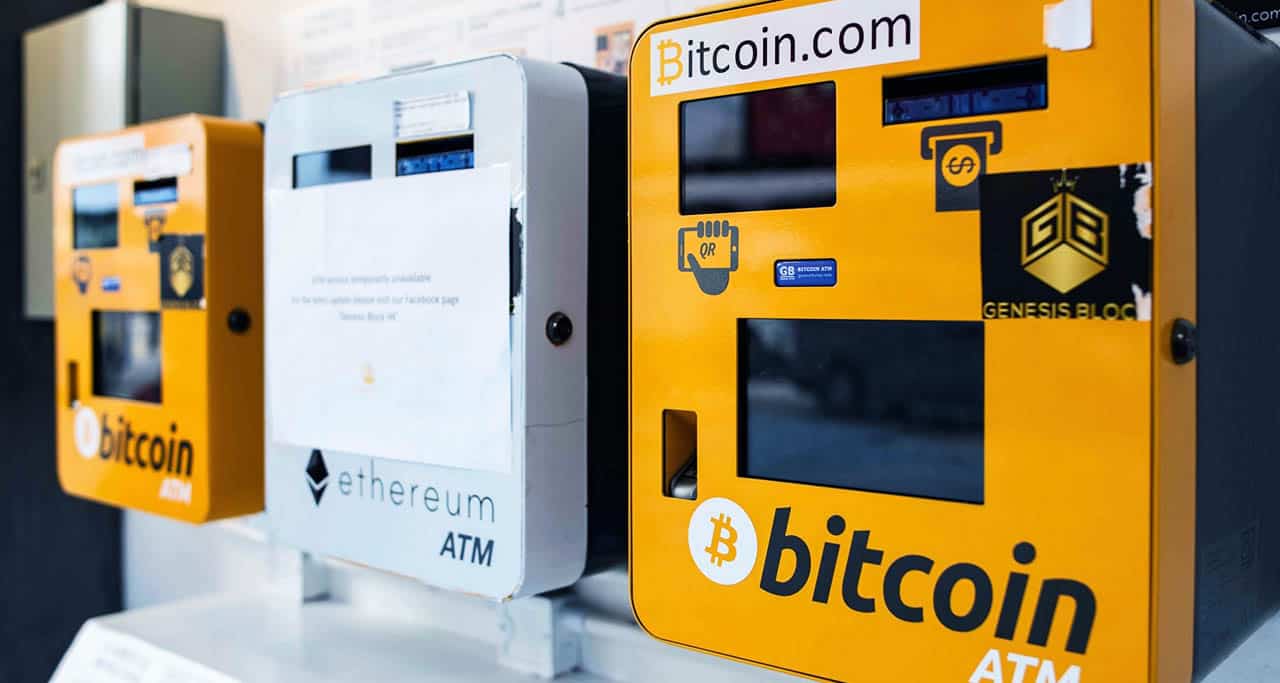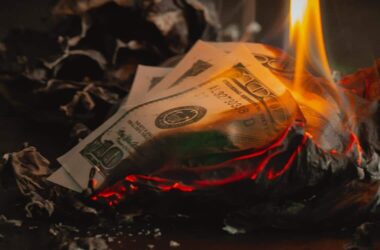On Wednesday, the Manhattan District Attorney’s Office charged a New York man, Robert Taylor, for running an unregistered Bitcoin ATM business. The 35-year-old faces charges of operating an “unlicensed money transmission business, tax fraud, and making false filings,” per Reuters.
Man Facilitated $5.6M Trades Using Unlicensed Crypto Kiosks
The prosecutors claimed that Taylor operated about 46 unlicensed Bitcoin ATMs in New York City, New Jersey, and Miami, through which he exchanged cryptocurrency for cash for customers, including individuals who had recent criminal records. He promised the users anonymity and advertised on social media that the Bitcoin ATMs didn’t use cameras or require identification.
These offers attracted criminals to use the machines, and between 2017 and 2018, Taylor exchanged about $5.6 million. Per the report, he bagged 10-20% in fees from every transaction done with the Bitcoin ATMs. However, he failed to obtain the appropriate license from the New York State Department of Financial Services and also underreported his income from the machines.
“We will not allow digital currencies to become safe havens for illegal activity,” Manhattan District Attorney Alvin Bragg Jr., commented.
Bitcoin ATMs in New York, US
Bitcoin ATMs are kiosks that allow people to easily buy and sell cryptocurrencies, not only Bitcoin, for cash. These machines are methods for trading cryptocurrencies in New York, and there are about 181 crypto ATMs currently located in NY, according to Coin ATM Radar.

Presently, there are 36,729 crypto ATMs installed around the world. The United States has the most installed ATMs (32,679 or 90%), followed by Canada (2,438 or 6.6%) and Spain (226 or 0.61%).
Meanwhile, regulations on crypto ATMs in the US could get more stringent in the future. In early January, the Government Accountability Office (GAO) released a report that blamed crypto machines for the increase in the use of cryptocurrency for drug trafficking and other illicit payments.
They urged the U.S. Treasury Dept., Internal Revenue Service, and Financial Crimes Enforcement Network (FinCEN) to jointly ensure tightened regulation for crypto kiosks having said the machines are less regulated than exchanges.




